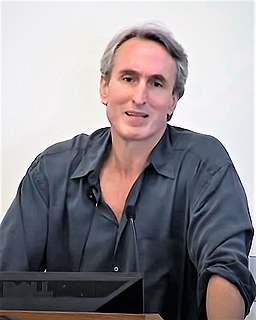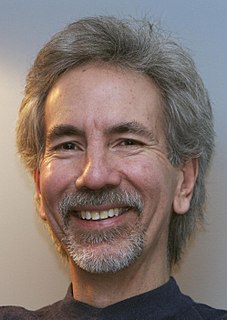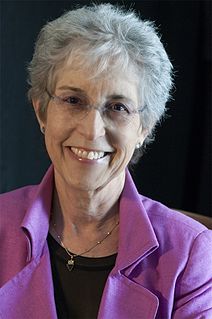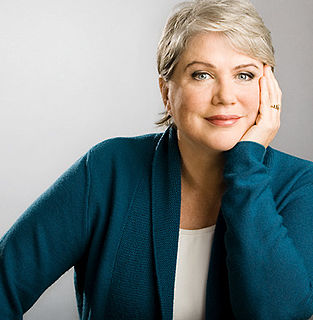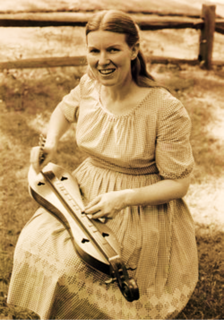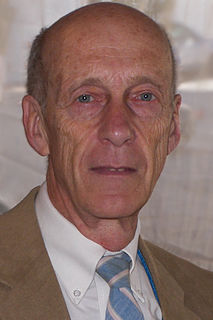A Quote by Gary Taubes
What sets science and the law apart from religion is that nothing is expected to be taken on faith. We're encouraged to ask whether the evidence actually supports what we're being told - or what we grew up believing - and we're allowed to ask whether we're hearing all the evidence or just some small prejudicial part of it. If our beliefs aren't supported by the evidence, then we're encouraged to alter our beliefs.
Related Quotes
There needs to be a public dawning - and it is beginning to dawn on some members of the public - that how science is practiced actually makes a difference in their lives. If evidence becomes optional, if ideological assertions or beliefs are just as good as scientifically vetted evidence, then their quality of life suffers. I think that's dawning on people. There's a level of concern unlike anything I've seen.
Religion is based upon blind faith supported by no evidence. Science is based upon confidence that results from evidence - and that confidence can be modified and/or reversed by further observations and experimentation. Science approaches truth, closer and closer, by hard dedicated work. Religion already has it all decided, and it's in the book. It's dogma, unchangeable, and unaffected by reality and whatever facts we come upon in the real world.
When examining evidence relevant to a given belief, people are inclined to see what they expect to see, and conclude what they expect to conclude. Information that is consistent with our pre-existing beliefs is often accepted at face value, whereas evidence that contradicts them is critically scrutinized and discounted. Our beliefs may thus be less responsive than they should to the implications of new information
The scientific method is designed to help investigators overcome the most entrenched human cognitive habit: the confirmation bias, the tendency to notice and remember evidence that confirms our beliefs or decisions, and to ignore, dismiss, or forget evidence that is discrepant. That's why we are all inclined to stick to a hypothesis we believe in. Science is one way of forcing us, kicking and screaming if necessary, to modify our views.
Chauvet Cave is rather like the awakening of the modern human soul or I would say the awakening of modern human culture. Because Neanderthal men who still rode the landscape parallel to the people who did these paintings didn't have culture. There's no evidence of culture, no symbolic depiction, no evidence of music, no evidence of sculptures, no evidence of religious beliefs.
What should we think of someone who never admits error, never entertains doubt but adheres unflinchingly to the same ideas all his life, regardless of new evidence? Doubt and skepticism are signs of rationality. When we are too certain of our opinions, we run the risk of ignoring any evidence that conflicts with our views. It is doubt that shows we are still thinking, still willing to reexamine hardened beliefs when confronted with new facts and new evidence.
There exists a mountain of circumstantial evidence that consciousness survives bodily death. This is the kind of evidence that would stand up in a court of law. Some people believe that science needs better tools to quantify what consciousness is. Perhaps when we discover what consciousness is we will be on the road to providing absolute scientific evidence that there is life after death.
One reason why I recommend the abandonment of religious beliefs is because I think those beliefs are wrong. There is no evidence that our world was created by divine intention, that a god intercedes in human affairs, or that there is life after death. Religion is a hangover from humankind's timorous infancy; it's time for us to walk upright and unafraid, and to take charge of our own lives.
